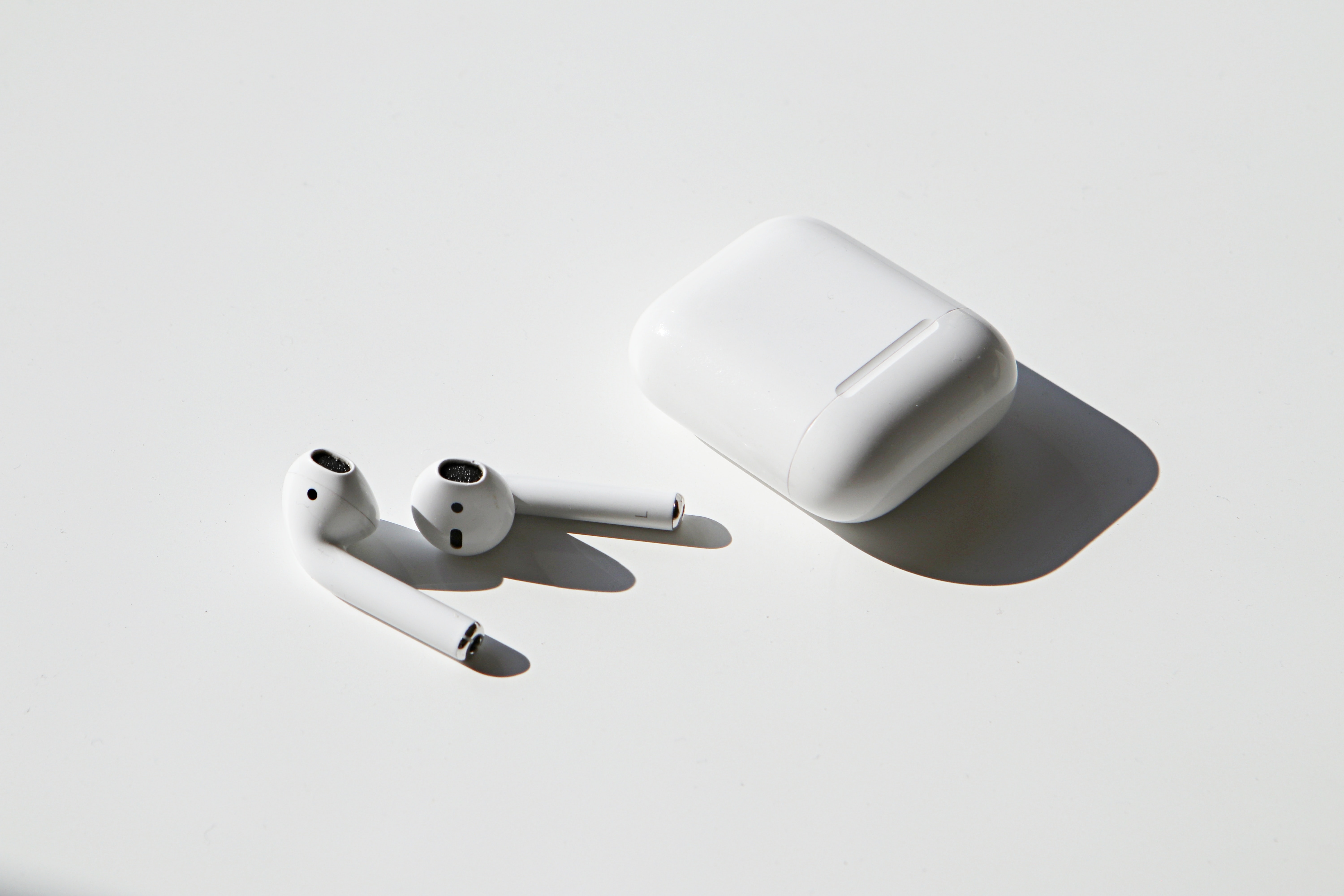Rachel Mealey: Researchers have reported a mass die-off of sea urchins in parts of the Red Sea and the Indian Ocean. The culprit is a tiny single-celled organism that somehow managed to travel thousands of kilometres from the Caribbean Sea, where it caused sea urchins to die off there too. And scientists are worried about what could happen to Australia’s reefs if the pathogen makes it here. Tom Melville reports.
Tom Melville: Despite their prickly appearance, sea urchins play a vital role in keeping balance in our ocean ecosystems. The algae-eating organisms are basically spiky underwater gardeners. Ian Hewson is a marine scientist from Cornell University in the United States.
Ian Hewson: When you remove the urchins, algae can overgrow coral. And so they play this really important sort of keystone role in maintaining the balance between corals and algae in the coral reef ecosystem.
Tom Melville: Ian Hewson watched this scenario play out in the Caribbean several years ago. A pathogen wiped out millions of urchin, with dire results for the marine ecosystem.
Ian Hewson: We’ve seen anecdotally an increase in the amount of algae there, and we haven’t yet had the opportunity to look at how corals are affected, but the prediction is that they’ll be affected pretty badly.
Tom Melville: Now that same pathogen, a type of single-celled organism called a Protozoa, has been detected in parts of the Red Sea and Indian Ocean. Urchins in some areas have been completely wiped out. That’s millions of urchins gone in just a few months, according to a study published in the journal Current Biology. And Ian Hewson, who wasn’t involved in the study, says he’s shocked by how quickly the pathogen has spread.
Ian Hewson: It actually took about six to eight months to go from the Caribbean through to the eastern Mediterranean. Then it only took a relatively short amount of time, a few weeks if not a couple of months, to get into the Red Sea. And it’s just, it tends to be a very prolific and very, very transmissible pathogen.
Tom Melville: Scientists aren’t completely sure what’s causing this phenomenon, but Dr Hewson believes international shipping is playing a part. Ballast water collects in the hulls of ships and could be transporting the pathogen from port to port. And the tiny killer shows no signs of slowing down.
Ian Hewson: We have every expectation it will continue to spread further east, first probably to South-east Asia, and then probably to the Great Barrier Reef. And you know, that could happen in the next six months to a year, could be a couple of years, we just don’t know.
Tom Melville: There have been multiple outbreaks of pathogens in the Caribbean. One decades ago killed millions of urchins and the reefs still haven’t recovered. And there are fears that if the pathogen arrives in Australian waters, the reefs here could suffer a similar fate. Dr Maria Byrne is a professor of marine biology at the University of Sydney.
Maria Byrne: It flips whole ecosystems and some of those ecosystems never come back and that’s what happens in the Caribbean. So it would be a complete shift if we lost the urchins to that pathogen.
Tom Melville: And Dr Byrne says Australia is vulnerable.
Maria Byrne: There’s some redundancy in the system, but there’s certain areas that you really do want those urchins there because they’re an integral part of the system.
Tom Melville: She believes we need to work out how the pathogen is spreading. But if it’s travelling via ballast water, there could be little warning. And Ian Hewson from Cornell University says we need to improve how we deal with ballast water and even look at quarantining some urchins.
Ian Hewson: If we look at restocking efforts and ensuring that whatever urchins that you do have in the Great Barrier Reef, they can be reintroduced, which is a strategy that they’re using in the Caribbean to try and maintain those populations that are there.
Rachel Mealey: Marine scientist Ian Hewson from Cornell University in the United States, ending that report by Tom Melville.



